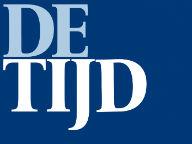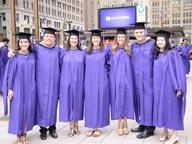Faculty News
—
Professors Laura Veldkamp and Venky Venkateswaran's joint research on the impact of economic shocks is featured
—

Excerpt from Project Syndicate -- "Another explanation is that the 2008 crisis is lingering in our minds, in the form of heightened fear that rare but consequential 'black swan' events could be imminent, despite moderately strong consumer-confidence measures and relatively low financial-market volatility (with some exceptions). A recent paper by New York University’s Julian Kozlowski, Laura Veldkamp, and Venky Venkateswaran argues that it is rational to harbor such fears, because once a formerly unthinkable event actually occurs, one is justified in not forgetting it."
Faculty News
—

Excerpt from Project Syndicate -- "Another explanation is that the 2008 crisis is lingering in our minds, in the form of heightened fear that rare but consequential 'black swan' events could be imminent, despite moderately strong consumer-confidence measures and relatively low financial-market volatility (with some exceptions). A recent paper by New York University’s Julian Kozlowski, Laura Veldkamp, and Venky Venkateswaran argues that it is rational to harbor such fears, because once a formerly unthinkable event actually occurs, one is justified in not forgetting it."























